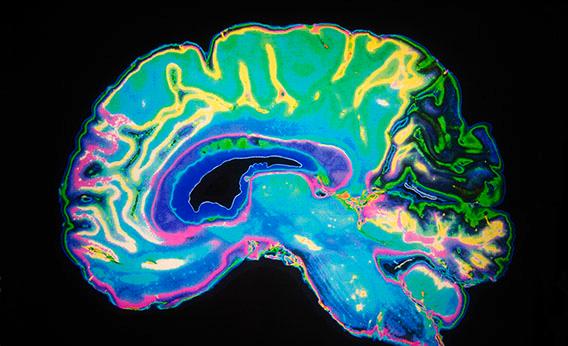In a world where we’re constantly growing more aware of what’s in our food, a lot of things are still unknown. One of those things that’s not commonly known is what happens to saturated fat in the body. Saturated fats have a pretty bad rep. Most people link saturated fat to high cholesterol and clogged arteries. But this might not actually be the truth.
We don’t have to be so afraid of saturated fat. There are supposedly “good” and “bad” fats. Most people think that saturated fat is one of those bad fats.
Those who eat a low-fat diet may be surprised to see that a switch in their eating habits can actually decrease overall cholesterol and increase the amount of good, HDL cholesterol in our bodies.
One reason is that when we turn to things like “low fat” or “low calorie” options, manufacturers usually compensate by adding a lot of sugar and artificial stuff, and by reducing portion sizes drastically. We tend to eat more and make worse choices, because our body is craving the fat it isn’t getting.

Photo by Lauryn Lahr
There’s also been a wave of research, seemingly going ignored, that says that there is not enough evidence that saturated fat is linked to heart disease or stroke. Take the 2010 analysis by the American Journal of Clinical Nutrition, that’s actually composed of 21 individual studies all reiterating the same idea.
Our body needs fats, and not just “good” fats. Saturated fats actually do a lot for us. Certain saturated fats are needed for signaling and stabilizing processes in our body. Palmitic acid, which can be found in palm oil and animal and dairy products, is actually important for our health. Without this and other saturated fatty acids, growth factors in cells and organs aren’t properly aligned and processes, such as our adrenal “fight or flight” reaction, can’t be activated.

Gif courtesy of reddit.com
Saturated fats are also good for the liver, protecting you against damages caused by alcohol and medications. One study even tested the effects of a high saturated fat diet as a treatment for alcoholic liver disease and found that it reversed the damage.
It’s especially important for college students, since saturated fats help with a healthy brain. The brain is already made up of mostly fat and cholesterol — about 60 percent. Reducing the amount of saturated fats in your diet means not letting your brain get the materials it needs to function properly. And, fun fact, human breast milk is high in saturated fat, which means we consume the most saturated facts when our brains are developing as babies.

Photo courtesy of laimisenergy.com
Saturated fats are also associated with healthy lungs. In fact, the lungs are coated with a thin layer of a substance made up of entirely saturated acids, most of which is palmitic acid. Therefore, the body already is able to synthesize our saturated fat intake and put it to good use helping our lungs function, rather than just “clogging our arteries.”
Even a study done back in 1995 that examined the fat composition of clogged arteries showed that saturated fats didn’t make up the majority. Instead, it was the supposedly “good” fat, unsaturated.
The point is, there should be no “good” or “bad” fats. Our bodies need fat, and more often than not, people who eat more fat in their diets are relatively healthier. There’s no reason to be afraid of saturated fats, but like anything else in your diet, it requires balance.




